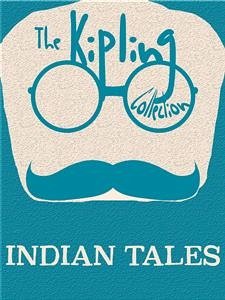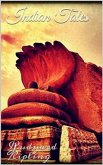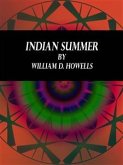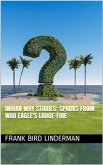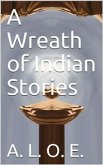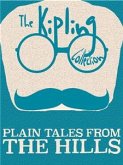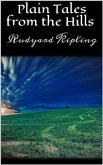The stories, characters, situations, portrayals, dialogues are fresh, rich and funny, even though they were written almost a 100 years ago. The language was very Victorian but the stories probably would not have been so funny if not in such an honorary language justifying the colonial times the stories are based on. The most light and funny situations are explained in such a rich language that they seem not so ordinary and indeed exceptional. It beautifully highlights the eccentricities of the so to believe rich, cultured and polished British class in India and their funny interactions with the native population. The hope, beliefs, simplicity, faith and superstitions of the natives coupled with brute, cluelessness, straight jacket, heavy handedness of the British creates tongue in cheek humor – guarantee to generate a lot of wonder, sighs, laughs and giggles on narration back home in England.Joseph Rudyard Kipling was an English short-story writer, poet, and novelist. He wrote tales and poems of British soldiers in India and stories for children. He was born in Bombay, in the Bombay Presidency of British India, and was taken by his family to England when he was five years old.Kipling's works of fiction include The Jungle Book (1894), Kim (1901), and many short stories, including "The Man Who Would Be King" (1888). His poems include "Mandalay" (1890), "Gunga Din" (1890), "The Gods of the Copybook Headings" (1919), "The White Man's Burden" (1899), and "If—" (1910). He is regarded as a major innovator in the art of the short story; his children's books are classics of children's literature; and one critic described his work as exhibiting "a versatile and luminous narrative gift".

